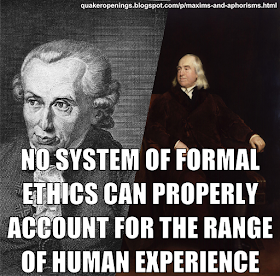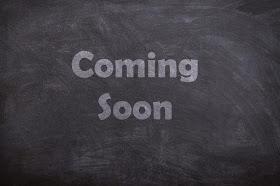Early Friends quickly shed the common names for
days of the week and months of the year, instead referring to them by
number. Sunday was “first day”, Tuesday “third day”, and so
on. Likewise, July became “seventh month”, November “eleventh
month”… you get the idea.
The usual explanation given for this is that the
names themselves were of pagan – that is, pre-Christian – origin,
giving regard to, variously, Germanic deities (like Woden and Thor),
heavenly bodies (like the Sun and Moon), Roman deities (like Janus
and Mars), and deified Roman “emperors” (Julius for Julius
Caesar, not technically an emperor, and Augustus for his heir,
generally recognised as the first emperor). I suspect the last four
months, as named in English, would meet with early Friends' approval
– except they were misnamed, and naming them in English is much
more in line with plain speaking. It would be interesting do delve
into early Quaker sources and try to get to the bottom of the
practice, but for now we will accept the usual explanation as enough
to be getting on with.

















































